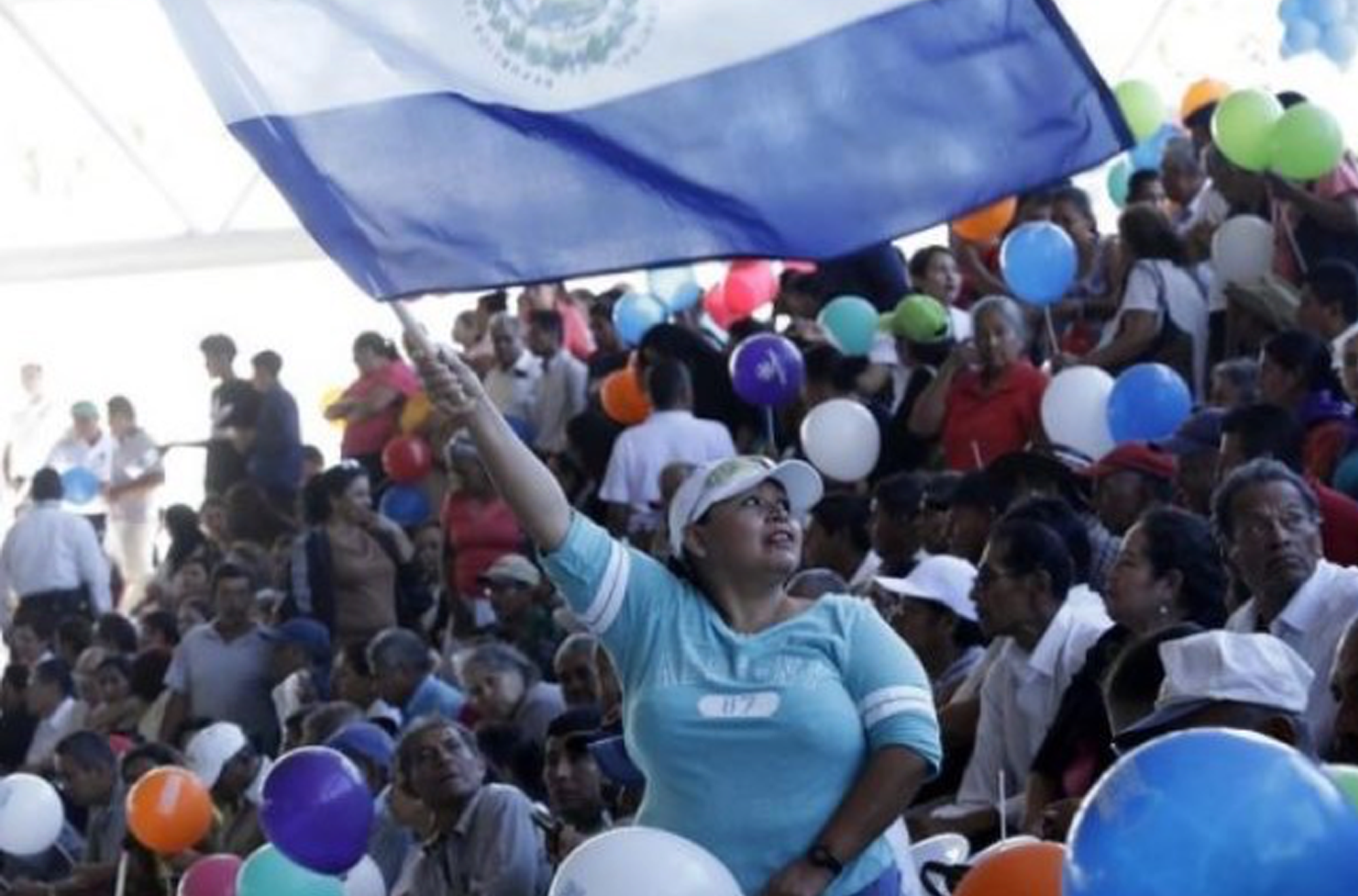
by Lynne M Morgan
North American Congress on Latin America (NACLA) News, 4 June 2021
The conservative backlash against efforts to expand sexual and reproductive rights in the Americas threatens a dangerous regression in human rights.
“It has been a good year for Latin American sexual and reproductive rights movements. Costa Rica became the first Central American country to legalize same-sex marriage in May 2020, and Argentina legalized abortion in December 2020. The Biden-Harris administration moved quickly in 2021 to rescind former President Trump’s Mexico City policy, also known as the Global Gag Rule; disband former Secretary of State Mike Pompeo’s Commission on Unalienable Rights; and renounce the Geneva Consensus Declaration, which included the assertion that there is “no international right to abortion”. Optimists note a wave of support for sexual and reproductive rights in Mexico, Chile, Colombia, and elsewhere in the hemisphere.
“Still, a conservative backlash is resurgent, marked by demonstrations in the streets – and an anti-abortion push at the Organization of American States (OAS). An ultra-conservative coalition is testing its power on several fronts: cutting funding to the OAS, promoting anti-abortion candidates to OAS positions, pressuring OAS leaders to declare allegiance to their cause, and developing legal strategies to re-interpret inter-American human rights law.
“After four years of unprecedented access to the White House, the global anti-abortion coalition may be in for a rough ride. They are concerned about a preponderance of “pro-abortion judges” on the Inter-American Court of Human Rights and the Biden administration’s commitment to treat sexual and reproductive rights as human rights. Far from giving up, though, they are plotting their long game.
“The latest attack on the OAS started in late 2018, when nine Republican senators wrote a letter accusing OAS organizations of lobbying “for the legalization of abortion” in Latin America…. The Trump administration cut US funding to the OAS… The campaign escalated a month later, when the right-wing governments of Chile, Argentina, Brazil, Colombia and Paraguay issued a joint statement calling on the OAS to respect states’ sovereignty. This move reversed liberalizing trends in reproductive rights… In 2020, an alliance of US-based prolife groups openly threatened to oppose OAS Secretary General Luis Almagro’s re-election bid, reversing course only when Almagro stated publicly that the right to life is a fundamental right…
“The OAS oversees the inter-American system of human rights through two tribunals: the Inter-American Commission on Human Rights (IACHR) and the Inter-American Court of Human Rights. If alleged human rights violations cannot be resolved by domestic courts, cases may be brought to these tribunals, which are authorized to interpret the OAS founding document, the American Convention on Human Rights. The tribunals’ decisions supersede domestic laws and constitutions and are considered binding on the 23 countries that ratified the American Convention. Notably, the United States never ratified the American Convention and is not bound by it. The inter-American human rights system is crucial to Latin American human rights jurisprudence, adjudicating disputes and holding OAS member states accountable for human rights violations.
“Three cases caused upset in past ten years: In 2012: equal protection to LGBTQI+ parents in child custody cases re Chile, and overturn of Costa Rica’s 12-year ban on in vitro fertilization. In 2018 a Court decision effectively legalized same-sex marriage across the hemisphere…
“One long-term strategy of this anti-abortion movement is to modify national constitutions. The right to life, conservatives say, is a fundamental human right, without which no other rights matter. They describe the right to life from conception as part of a distinctly Latin American human rights tradition… In January 2021 Honduran legislators rushed through a constitutional amendment stating that human life begins at conception and that marriage is ‘between a man and a woman’…
“Constitutional amendments recognizing the right to life from conception now exist in roughly half of Mexican states as well as El Salvador, Dominican Republic, Peru, and [now] Honduras. This is described as a coordinated effort to fortify national constitutions and insulate them from the real international human rights law”… in hopes of persuading a future Inter-American Court to defer to member states….”
PHOTO: InterAmerican Commission of Human Rights, GHRTV, 14 May 2021



